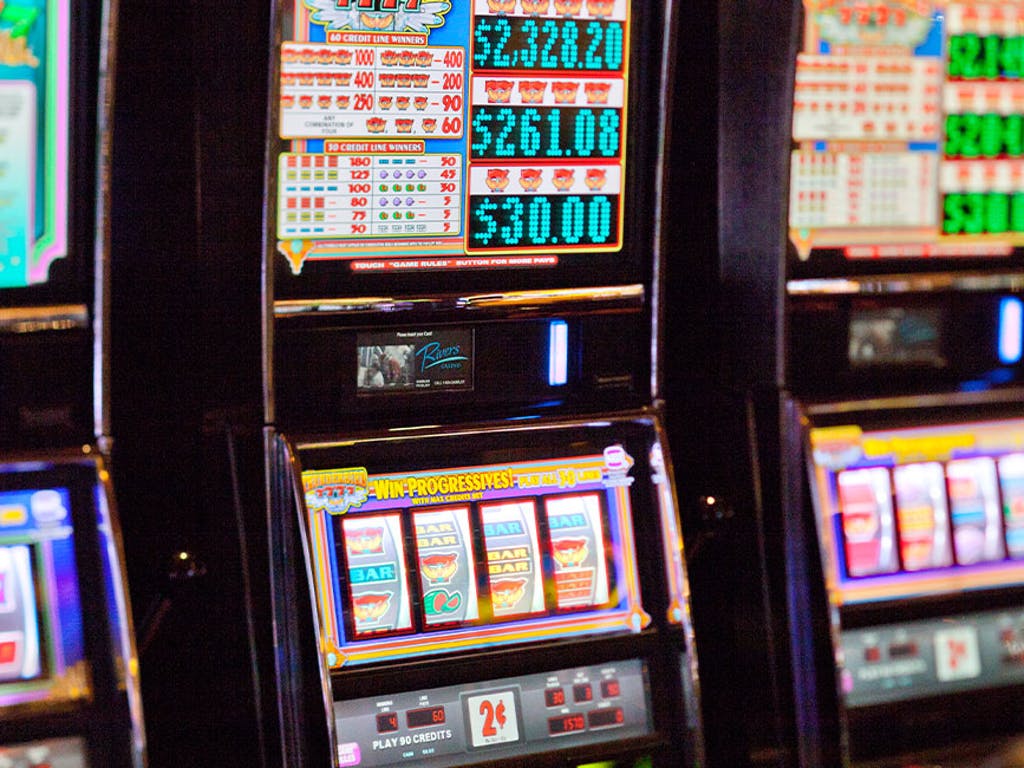[ad_1]
Posted on: May 22, 2020, 09:21h.
Last updated on: May 22, 2020, 10:47h.
President Trump on Tuesday signed an executive order calling on federal agencies to review and rescind – either temporarily or permanently – regulations that may stagnate the economic recovery coming out of the COVID-19 crisis.
That led the American Gaming Association (AGA) to once again urge the federal government to look at updating what it believes to be a long-antiquated gaming tax policy.

A day after Trump’s order, the AGA called on the Department of Treasury to update a 43-year-old policy that requires casinos to issue tax forms for slot machine wins of $1,200 or more.
The association is calling on the government to bring the reporting threshold on par with inflation. That would require tax forms to be issued on wins of about $5,000 or greater. However, AGA President and CEO Bill Miller said the proposed reform would have more than just financial benefits in a post-COVID-19 world.
The increased threshold would not only enable the IRS to focus its limited enforcement resources on those taxpayers who are most likely to have net slot winnings at the end of the taxable year, but would also significantly reduce close interactions required between gaming employees and patrons to issue tax forms,” Miller said in a statement Wednesday.
In an August 2019 letter to David Kautter, the Assistant Treasury Secretary for Tax Policy, Miller estimated the Internal Revenue Services receives about 2 million W-2G forms, which are used to report winnings from gambling.
Slot wins at $1,200 or more are subject to a 24 percent tax, and while gambling losses are tax deductible, the W-2G form does not account for them.
Lawmakers Sought Change Last Year
The AGA isn’t the only one that has been pushing for a change. A year ago, US Reps. Dina Titus (D-Nevada) and Darin LaHood (R-Illinois) urged Kautter to update the regulation.
Both lawmakers represent districts with deep gaming connections. Titus’ district covers Las Vegas, while LaHood’s district includes bars, restaurants, and other businesses that offer video slots to patrons.
The lawmakers claimed the low threshold causes both administrative and operational issues.
“When a player hits the jackpot on a slot machines above the $1,200 threshold, the machine locks up and stops play,” the lawmakers wrote last year. “Staff must issue a W-2G form to the player and validate its accuracy. Raising the threshold would reduce the paperwork burden on businesses and player while ensuring the tax code reflects current economic realities.”
Not Gaming’s Only Issue
Renewing the call to revise the tax threshold is the latest policy change the gaming industry is seeking on Capitol Hill.
Congress passed the $2 trillion CARES Act in late March, and that COVID-19 relief bill included the Paycheck Protection Program. At the time, lawmakers said any small business, including casinos, would be able to apply for a loan of up to $10 million that would be forgivable if 75 percent of it was used to make payroll.
However, the Small Business Administration then followed nearly 25-year-old regulations that excluded most gaming businesses. That led to one casino, the Lakeside Inn in Nevada, to close its doors after its application was denied.
Titus, who became co-chair of the Congressional Gaming Caucus earlier this year, and US Sen. Jacky Rosen (D-Nevada) filed legislation that would make casinos eligible for consideration.
The SBA eventually revised its guidelines to allow more gaming businesses to receive funding, and that led Full House Resorts to receive more than $5.5 million in loans for two of its properties.
[ad_2]
Source link


